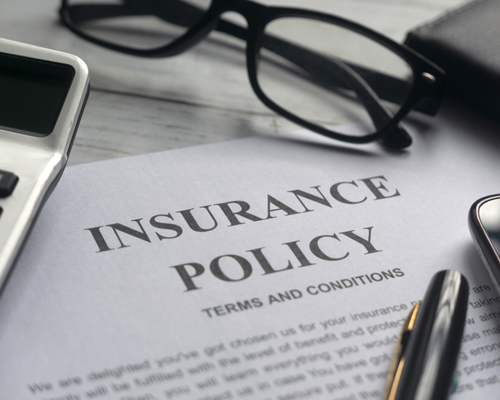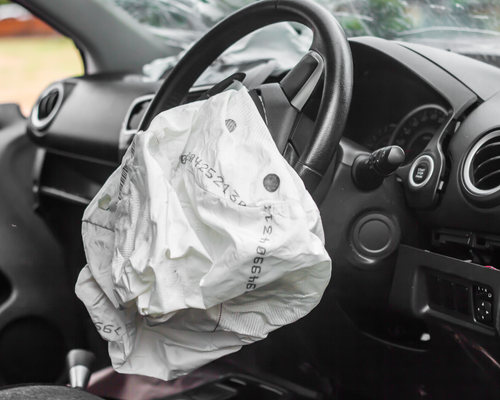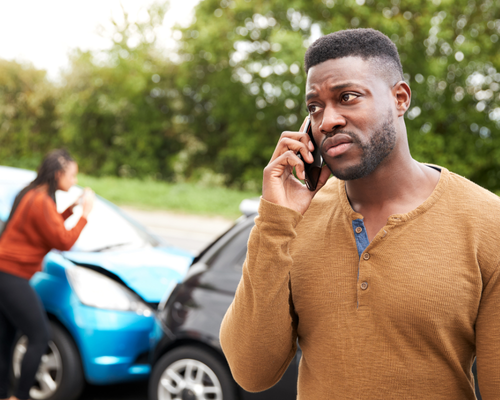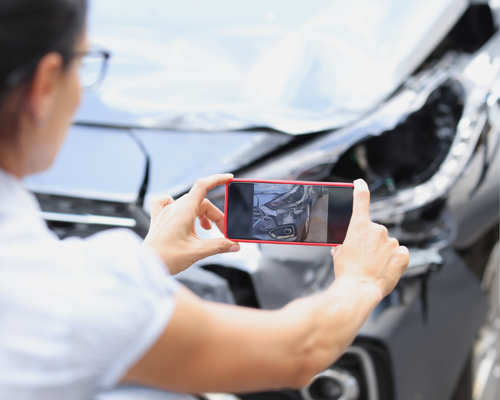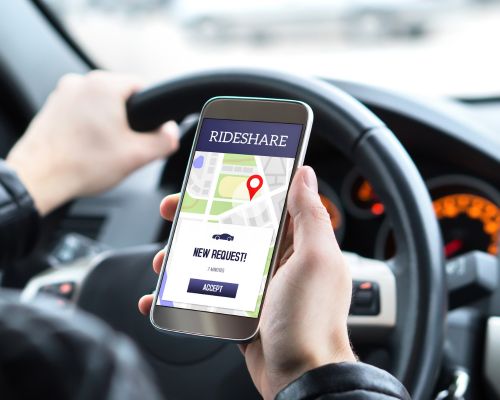If you’ve been hurt in an accident, you may be entitled to financial compensation from the at-fault party or their insurance carrier. This could cover property damage, medical bills, lost wages, pain and suffering, and more. While some cases go to trial, most personal injury claims are resolved through settlements.
However, injured victims should beware of quick settlement offers from insurance companies. These initial offers often fail to fully account for your losses. Here are four reasons to be skeptical of a quick settlement offer:
1. Insurance Companies Often Start with Lowball Offers
Insurance companies prioritize minimizing payouts. When liability is clear, they may present a low settlement offer early on, hoping you’ll accept it quickly. This tactic preys on your need for immediate financial relief and lack of familiarity with the claims process.
Don’t settle for less than you deserve. It’s essential to understand the full value of your claim before accepting any offer.
2. Wait Until You Reach Maximum Medical Improvement (MMI)
Maximum Medical Improvement (MMI) means your condition has stabilized, and no further significant recovery is expected. Settling your claim before reaching MMI could result in accepting compensation that doesn’t cover future medical expenses or long-term care.
By waiting until you reach MMI, you can accurately estimate the full cost of your medical treatment and necessary future care, ensuring a fair settlement.
3. Know the Full Value of Your Damages
Settling quickly without knowing the full value of your damages is a mistake. Insurance companies often push for early resolutions to avoid paying the full compensation you’re entitled to.
Connecticut allows injured victims to seek compensation for both economic and non-economic damages, such as:
- Property damage
- Medical bills and ongoing care
- Physical therapy
- Lost wages and loss of earning potential
- Pain and suffering
- Mental distress
- Disfigurement and disability
- Wrongful death
An attorney can help you assess the full value of your case, ensuring no aspect of your damages is overlooked.
4. Insurers Aim to Settle Before You Get Legal Representation
Quick settlement offers are often made to prevent victims from consulting with an attorney. Insurance companies know that once a lawyer is involved, settlement amounts typically increase.
An experienced Connecticut personal injury attorney can navigate the claims process, negotiate effectively, and fight for the full value of your claim. Don’t let an insurer pressure you into accepting less than you deserve.
Protect Your Rights—Contact Vining Law Today
At The Vining Law Firm, we are committed to helping accident victims secure the compensation they deserve. If you’ve received a quick settlement offer or have questions about your claim, we’re here to help. Call us at (203) 800-7380 or send us a message today to schedule your free consultation.
Disclaimer: This blog is for informational purposes only and should not be construed as legal advice. Consult with a qualified attorney for legal guidance specific to your situation.
